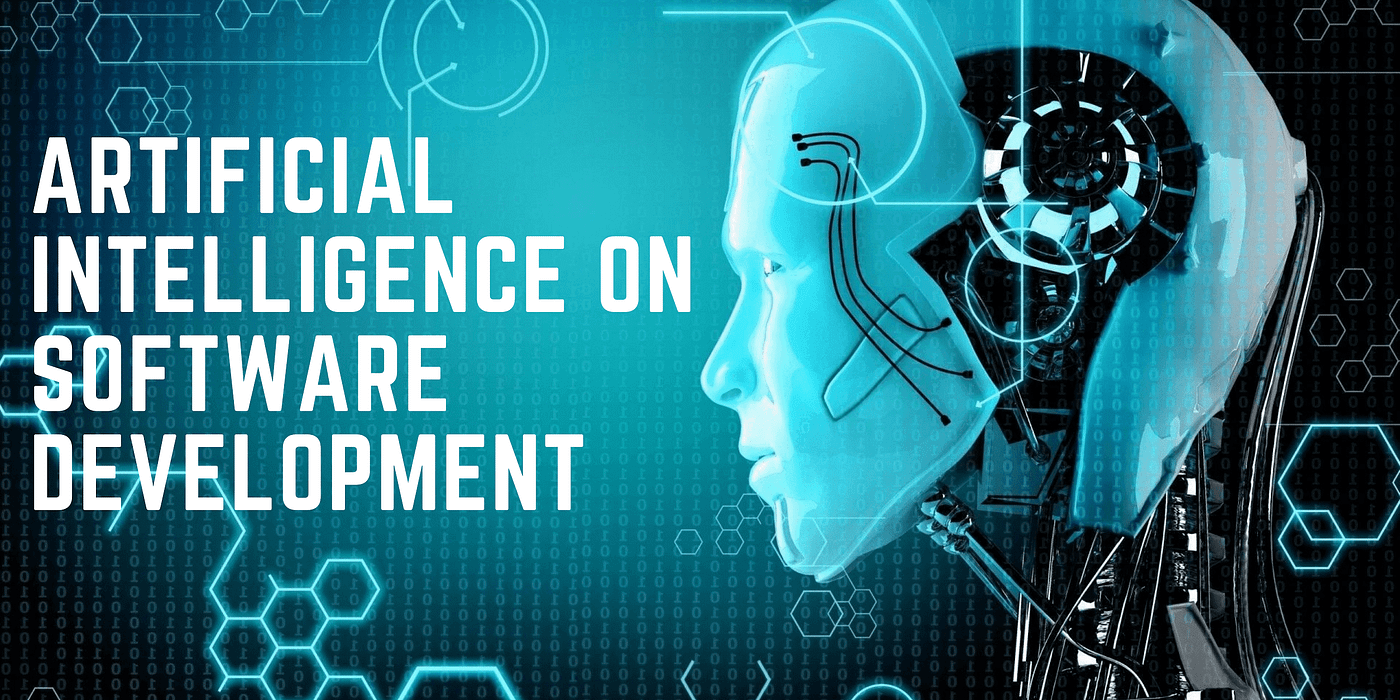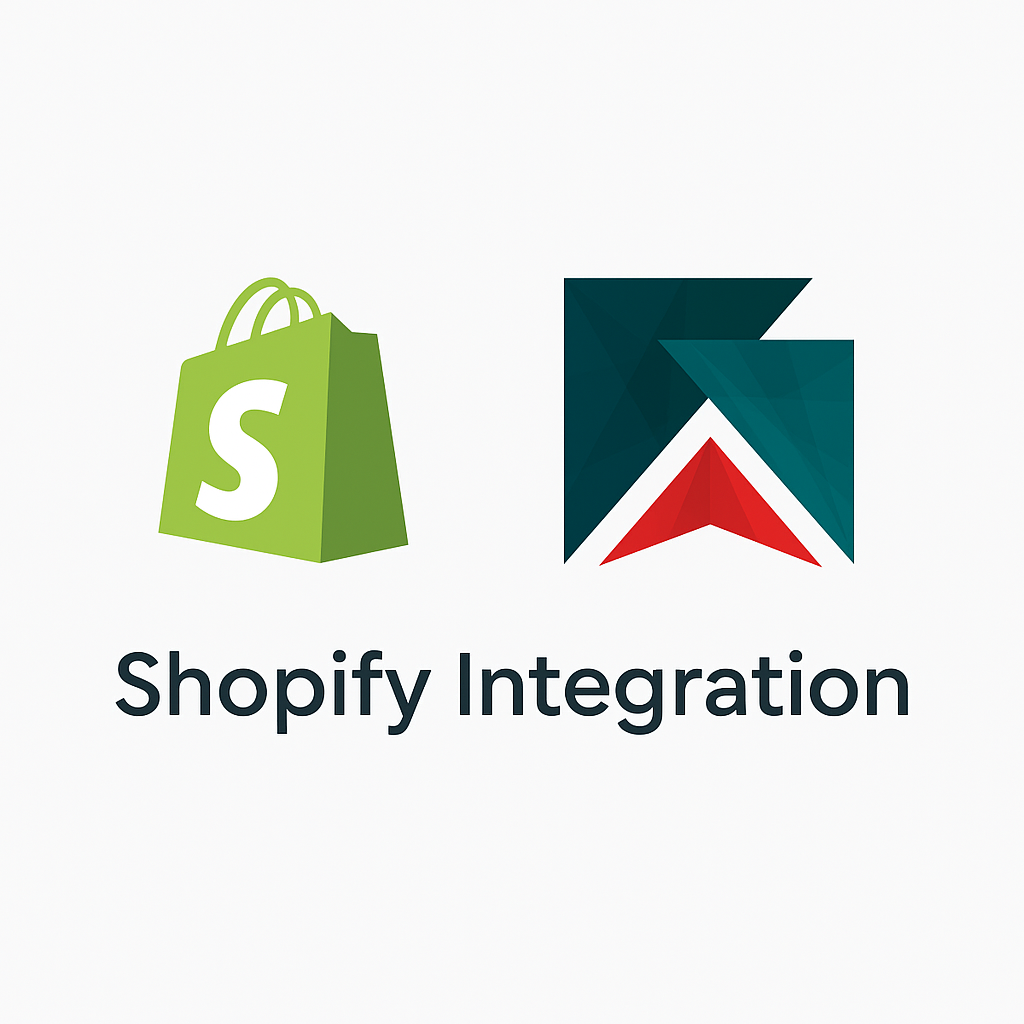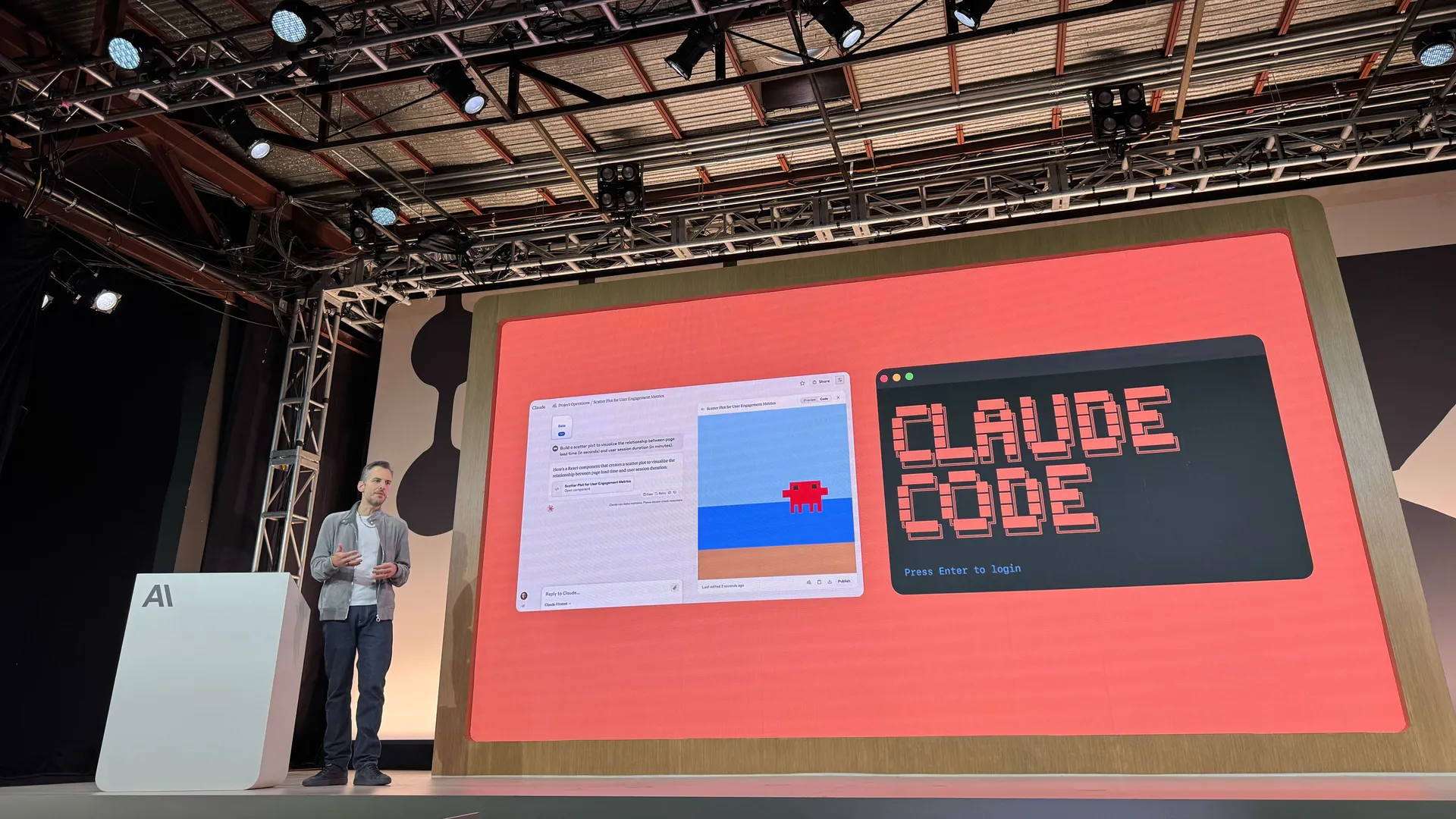Artificial Intelligence (AI) is revolutionizing industries worldwide, and software development is no exception. By introducing tools and methodologies that enhance efficiency, accuracy, and innovation, AI is reshaping how developers create, test, and maintain software. Here, we delve into the significant ways AI is transforming software development and what this means for the future of the industry.
Key Features of AI in Software Development
AI-powered solutions offer numerous features that streamline and enhance the software development process:
Automated Code Completion: Intelligent suggestions for code snippets and syntax.
Smart Debugging: Tools that identify and rectify errors in real-time.
Predictive Analytics: Insights into project timelines, resource allocation, and potential challenges.
Natural Language Processing: Conversion of user stories and requirements into actionable tasks.
Automated Testing: Generation and execution of test cases with comprehensive coverage.
Security Analysis: Proactive vulnerability detection and compliance checks.
Resource Optimization: Efficient allocation of team and system resources.
Personalization Engines: Adaptive user experiences and tailored recommendations.
1. Automating Code Generation
One of the most immediate impacts of AI in software development is the automation of code generation. Tools like GitHub Copilot and OpenAI's Codex enable developers to:
Write Code Faster: AI-powered tools can suggest code snippets, reducing the time spent on repetitive tasks.
Improve Accuracy: By suggesting syntactically correct code, AI minimizes the risk of errors during the development process.
Enhance Learning: These tools serve as real-time coding assistants, providing suggestions and explanations that can help developers improve their skills.
2. Enhancing Software Testing and Quality Assurance
AI is elevating software testing and quality assurance to new heights. Traditional testing methods can be time-consuming and prone to human error. AI-powered testing tools provide:
Automated Test Case Generation: AI can analyze codebases and create comprehensive test cases, ensuring thorough coverage.
Bug Detection: Machine learning algorithms identify patterns in code that are likely to produce bugs, allowing developers to address issues early.
Continuous Testing: AI facilitates seamless testing in continuous integration/continuous deployment (CI/CD) pipelines, improving the software delivery process.
3. Improving Decision-Making with Predictive Analytics
AI-driven predictive analytics provide software teams with actionable insights to make informed decisions. By analyzing historical data and trends, AI can:
Forecast Project Timelines: Predict potential delays and suggest ways to stay on track.
Optimize Resource Allocation: Help managers allocate resources effectively by identifying bottlenecks and high-priority tasks.
Enhance User Experience: Predict user behavior and preferences, enabling the development of tailored features.
4. Facilitating Natural Language Processing in Development
Natural Language Processing (NLP), a subset of AI, is bridging the gap between human communication and code. NLP-powered tools allow:
Requirement Analysis: AI can interpret user stories or requirements written in natural language and convert them into actionable tasks or code snippets.
Intelligent Documentation: Automate the generation of readable and comprehensive documentation from code.
Chatbots and Virtual Assistants: Developers can interact with AI-driven chatbots to query databases, manage tasks, or resolve coding issues.
5. Enabling DevOps and AIOps
AI is transforming the DevOps landscape through AIOps (Artificial Intelligence for IT Operations). AIOps leverages machine learning and big data to:
Monitor Systems: Detect and predict system failures or performance issues in real-time.
Automate Incident Responses: Quickly identify root causes and propose or implement solutions.
Streamline Workflows: Improve efficiency in development and operational tasks through intelligent automation.
6. Advancing Security with AI-Powered Solutions
Cybersecurity is a critical aspect of software development, and AI is playing a pivotal role in enhancing security measures. AI-driven tools can:
Detect Vulnerabilities: Scan codebases for potential security flaws and suggest fixes.
Prevent Threats: Use predictive models to identify and neutralize threats before they become breaches.
Enhance Compliance: Ensure that applications adhere to security standards and regulations automatically.
7. Personalizing User Experiences
Modern applications strive to offer personalized user experiences, and AI is the cornerstone of this trend. By analyzing user behavior and preferences, AI enables:
Dynamic Interface Adjustments: Tailor user interfaces to individual needs.
Recommendation Systems: Provide users with suggestions based on their past interactions.
Predictive Features: Anticipate user needs and deliver proactive solutions.
Challenges and Considerations
While AI offers immense benefits, integrating it into software development comes with challenges, such as:
Data Privacy: Ensuring user data used in AI models is handled securely and ethically.
Skill Gaps: Developers need to acquire new skills to work effectively with AI-powered tools.
Bias in AI: Preventing biases in AI algorithms that could lead to unfair or unreliable outcomes.
The Future of AI in Software Development
The role of AI in software development is only expected to grow. As AI technologies become more sophisticated, they will:
Empower Developers: Serve as co-creators, enabling developers to focus on creative and strategic aspects.
Democratize Development: Lower barriers for non-technical users to create software through no-code or low-code platforms powered by AI.
Drive Innovation: Enable the development of applications that were previously unimaginable.
SOME EXAMPLES
Coding and Development:
- GitHub Copilot: AI-powered coding assistant to suggest code snippets and complete lines of code.
- TabNine: AI-based code autocompletion for various programming languages.
- DeepCode: AI tool for identifying bugs and vulnerabilities in code.
AI is not just a tool; it is becoming a collaborative partner in software development. By embracing AI, developers and organizations can unlock new possibilities and stay ahead in an ever-evolving industry.








